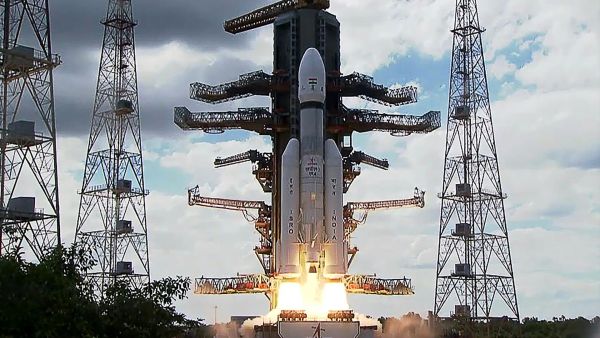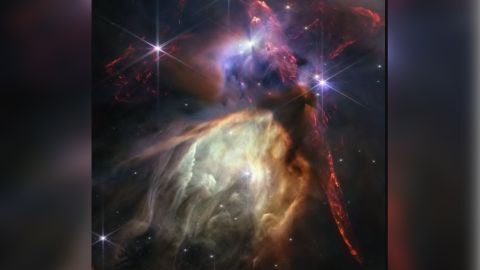ALBAWABA - Researchers Embark on Building World's Largest Nuclear Fusion Rocket Engine to Revolutionize Space Travel
In a groundbreaking endeavor, a UK-based start-up called Pulsar Fusion is currently engaged in constructing the most massive fusion rocket engine ever developed, aiming to unlock the potential of nuclear fusion technology for space exploration.
The cutting-edge fusion technology holds immense promise, with the capability to transform space travel in terms of speed and fuel efficiency. By harnessing the power source that fuels the Sun, this breakthrough could slash travel durations to Mars by half and potentially enable expeditions to Saturn and its moons in a mere two years instead of the current eight.
The ambitious project is set to manufacture an unprecedented fusion rocket engine measuring approximately 8 meters in length, with plans to initiate its first firing in 2027. However, the challenges associated with replicating the Sun's power within a confined space are considerable.
Nuclear fusion propulsion necessitates creating and sustaining ultra-high temperatures and pressures to generate the required energy. Scientists continue to explore methods for effectively containing and stabilizing the superhot plasma, which lies at the core of this revolutionary technology.
To aid in this endeavor, Pulsar Fusion has partnered with Princeton Satellite Systems in the United States, combining their expertise to employ advanced supercomputer algorithms. By utilizing machine learning algorithms, they aim to gain better insights into the behavior of the plasma and enhance control over its confinement within the electromagnetic field.
If successful, the fusion engine will reach temperatures several hundred million degrees Celsius, surpassing the Sun's heat. The surplus energy unleashed has the potential to achieve astounding speeds, enabling the rocket to travel at a remarkable pace of up to 804,672 kilometers per hour.
This particular engine, known as the Direct Fusion Drive (DFD), differentiates itself by directly converting loaded particles into propulsive force, eliminating the need for a massive fuel payload. Its increased efficiency and reliance on atomic isotopes make it a promising candidate for revolutionary space propulsion.
Apart from shortening interplanetary voyages, nuclear fusion also holds the promise of providing virtually limitless and clean energy for Earth's future. As scientists and engineers push the boundaries of fusion technology, they strive to unlock the secrets of the Sun's power and open up unprecedented opportunities for humanity's exploration of the cosmos.










